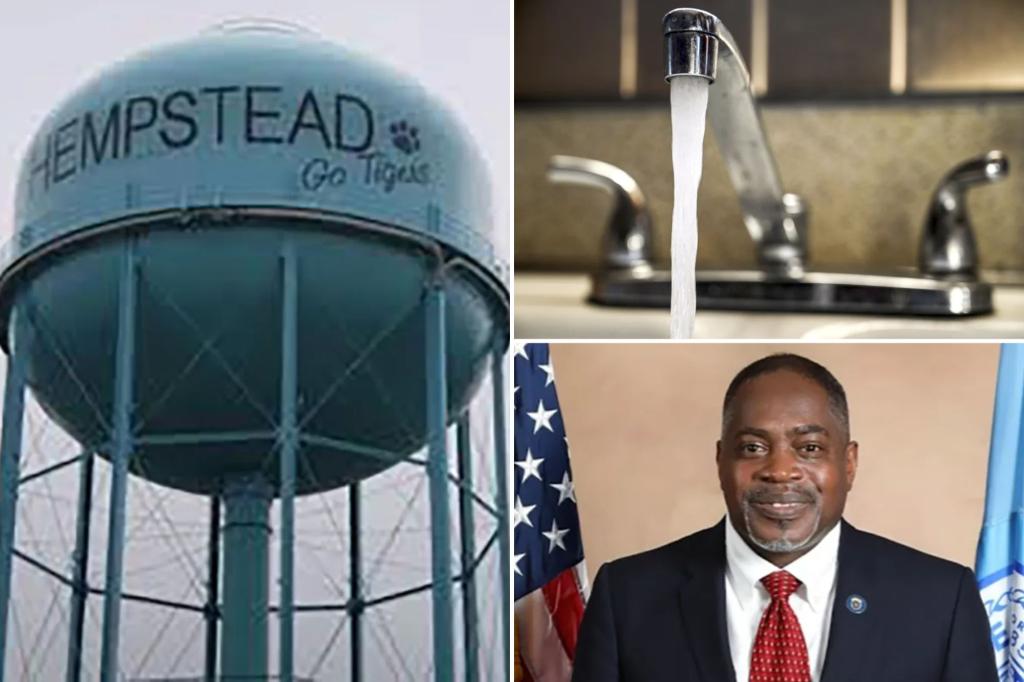The Village of Hempstead on Long Island is facing a water crisis due to high levels of 1,4 dioxane, a probable carcinogen. The village has been dealing with contaminated water for years, with levels of the chemical exceeding those permitted by New York state. The outdated water treatment plant in the village, built over a hundred years ago, is the source of the contamination, with all nine wells affected.
In response to the water crisis, the village has approved plans to replace the failing water treatment facility, estimated to cost $55 million. Mayor Waylyn Hobbs Jr. is calling for assistance from state and federal partners to help fund the project. The aim is to prevent the burden of the costs from falling on the economically struggling residents of the village, many of whom can not afford to purchase bottled water or water filters.
In addition to 1,4 dioxane, PFAS, or “forever chemicals,” have also been detected in the drinking water in the Village of Hempstead. These chemicals were released into the groundwater by commercial and industrial sources. Despite the lack of direct links between cancer cases and the contaminated drinking water, the village is taking proactive measures to address the issue and protect the health of current and future residents.
The presence of contaminants in the drinking water is a common issue across Long Island, where residents rely on groundwater aquifers for their water supply. The high levels of 1,4 dioxane in the water pose a potential risk of cancer for those exposed to it over time. The state government established a maximum contamination level of 1 part per billion in 2020, but levels detected in the Village of Hempstead are significantly higher, ranging between 7 and 10 parts per billion.
Despite the financial burden of funding the new water treatment plant, the Village of Hempstead is moving forward with plans to build the facility. The board of trustees has approved financing of $55 million for the project, with hopes that assistance from the government will help lessen the impact on residents. Mayor Hobbs believes that the state and federal government owe it to the constituents of the village to provide support in dealing with the water crisis and protecting public health for current and future generations.


